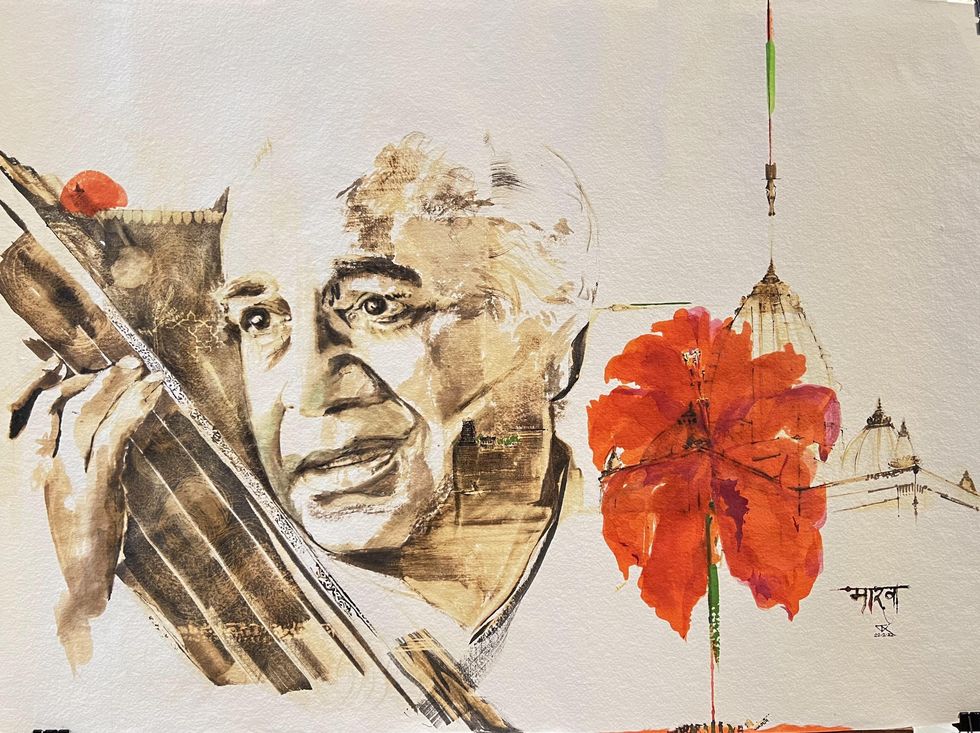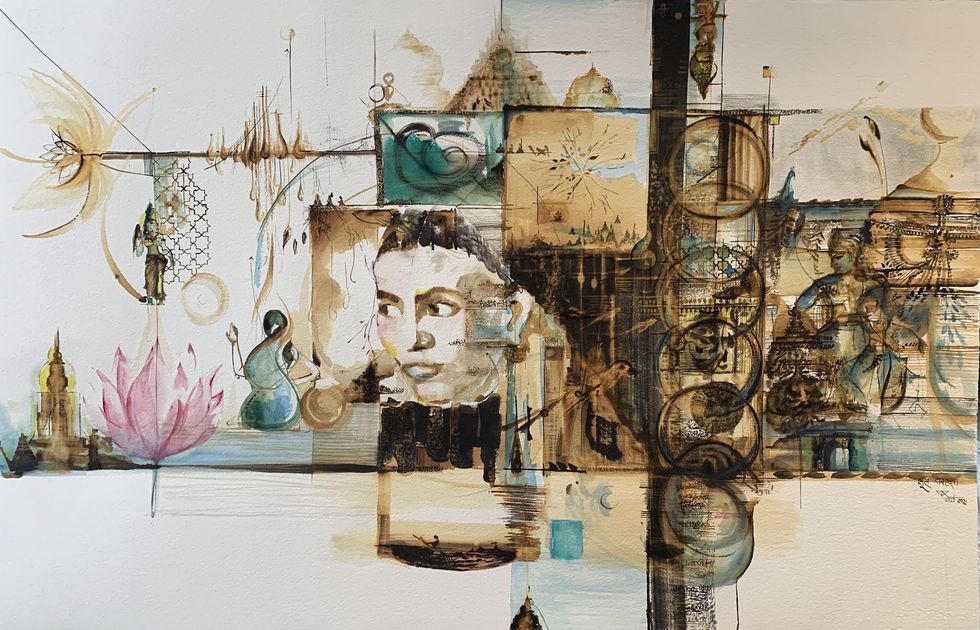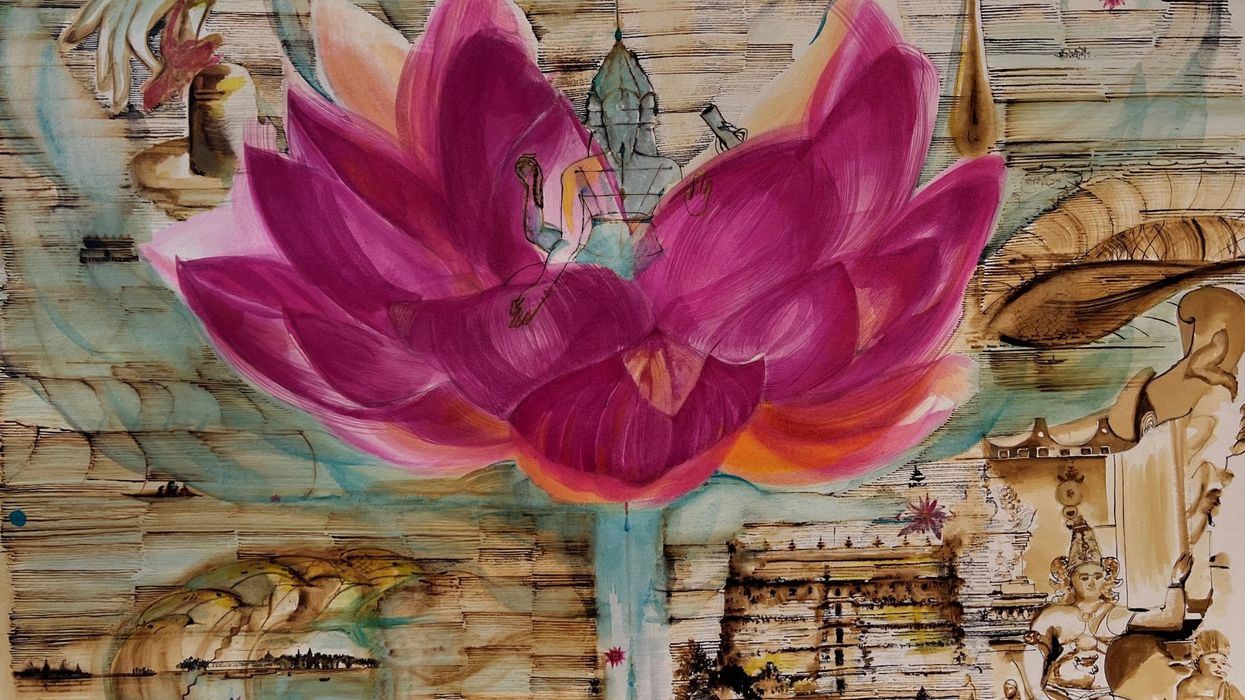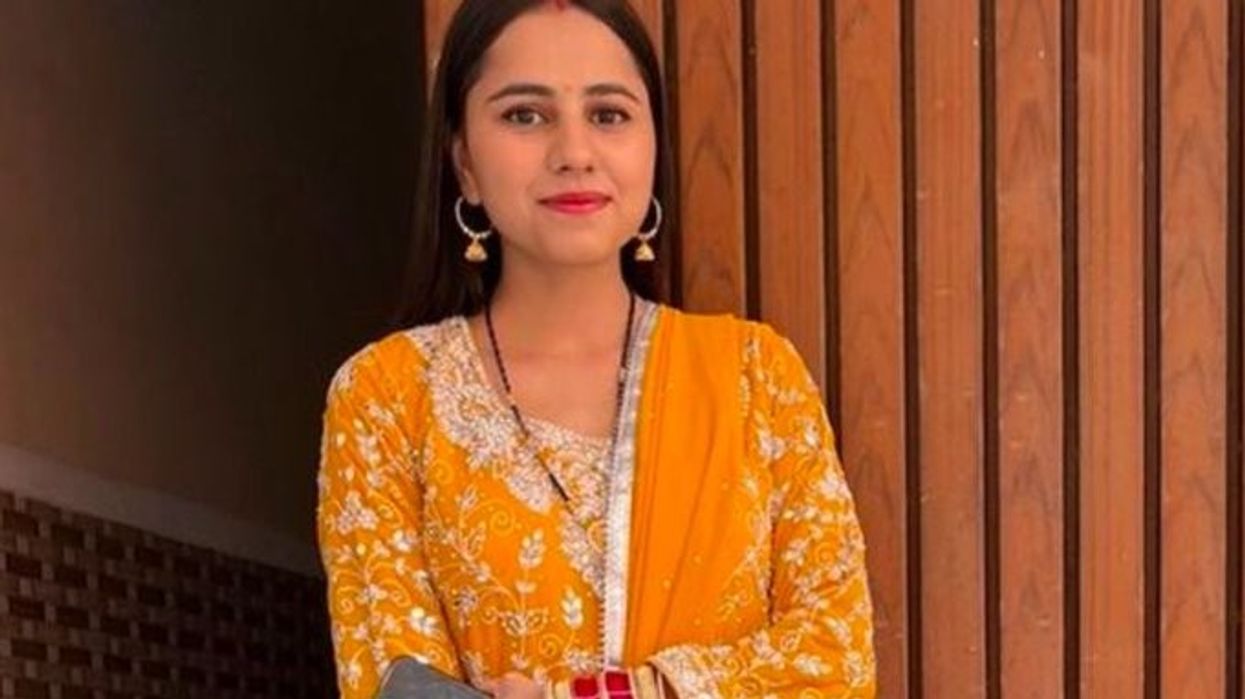An exhibition of paintings in ink titled 'Find Music in Art' by Preeti Rana will be on display from the 17th of May till the 20th of May at the Consulate General of India in Edinburgh, Scotland.
An architect and published poet, Preeti Rana, is showcasing her latest art collection in Edinburgh following her recent exhibition at the Nehru Centre in London earlier this month.
“I am nothing beyond the layman in the audience who, many years ago, had her life changed when listening to the oldest, most fascinating style of Indian Classical music, Dhrupad-Dagarbani. Now I must, through my art, lead the whole world to it!” says Preeti.

“The course of my art flows alongside the music. Different from the musician for whom music is structured with knowledge and insight from a Guru, my untrained ear draws differently from the resonance of Dagar Bani. It is a world unique and mythical. Indian Classical Music is expansive enough to accommodate my truth. A journey such as this has no known destination. But the horizon and the music are my unwavering companions. Someday I may know them better” she says.
Amrish Tripathi, Minister of Culture for the Indian High Commission and UK Director for the Nehru Centre in London said “I am in admiration for your talent and deep devotion to our culture. I was especially moved by the paintings that showed Lord Shiva and his various forms.”

Preeti has published two books:- an anthology of poems titled 'Digital footprint' in 2015 and 'Bones and feathers' a book of verse in collaboration with British Poet, Michael Rollins, in 2020.
She has done several exhibitions at prestigious venues, including music festivals in India, Bahrain and the UK. Her exhibitions are an immersive experience with scannable QR codes alongside her paintings that lead to the music she listened to as she painted.













